“We came to this world to weave: weave tapestries of thought; of poetry; of love.”
Idanela Martin
Weaving art is a whose heritage outstrips known history, with diverse antecedents around the world, in every culture. Whilst there is a wealth of examples of the manual art alone, weaving art extends beyond threading fibers under and over one another: from storytelling to painting; philosophy to politics; the practice of meshing narratives and inspirations into cohesive wholes permeates the human experience. This drawing from the world around in the creation of new entities is innate to every culture and is practiced every day, by everyone.
The home of Idanela Martin displays a small portion of her life’s work around the walls: delicate tapestries with vibrant colors chasing one another through intricate patterns; fashioned from fibers indigenous to the environment around. A testament to her lifelong exploration of how art can mingle nature with culture. A small, interesting woman, Idanela has practiced weaving art for decades; her sharp eyes and dexterous hands make easy work of a loom or needle. She is more than an artisan, however: she acts as a cultural ambassador of the natural world; her work advocates the maintenance of relationships between humans and their environments; she is the embodiment of a strong, independent Venezuelan woman.
Born and raised in Caracas, Idanela was always interested in weaving art; playing with fibers and threads as a child, she created a wide range of patterns and handmade products. It was when she moved to the verdant hills above the Andean city of Merida in 1975; however, that her interest became a passion. Buying an isolated farmhouse in the jungle, she set up her first studio and began looking to the woodland world around her for materials and inspiration. With no electricity or running, water life was far from easy, but her practice consistently grew and began to accrue outside attention.
The infamous 1983 ‘Black Friday’ financial crisis, when the Venezuelan Bolivar was heavily devalued and rampant inflation hemorrhaged the nation’s economy, marked a turning point in Idanela’s life. Growing rural unrest forced her to leave the farm and move to Merida, where she sold her art and gave workshops whilst putting her children through university; ensuring that they got the best start in life.
With both children graduated, Idanela was able to move her studio in from the garden and focus exclusively on her art, widening the scope of her abilities and broadening the range of influences drawn upon. As a testament to this breadth, she is currently holding workshops on Tuareg weaving – a practice more associated with North African nomads than Venezuelan artisans.
Idanela’s work and handmade products have received a wealth of acclaim from around the world, with exhibitions on three continents, awards from various international organizations, and recognition as a national artistic icon. Her son – a graphic designer – has curated a number of shows in Germany, where he resides, which have helped propel Idanela’s art on to the world stage. This was compounded in 1999 when her work was showcased at the eighth International Crafts Fair in Miami.
Since then, Idanela has exhibited further in both North America and Europe, been awarded a Venezuelan National Textile Prize and UNESCO recognition for her work. This widespread acclaim has not diverted her attention away from her passion, however; she continues to run workshops and explore new approaches to her art.
Idanela maintains roots in her adopted hometown of Merida with her garden providing many of the materials used in her handmade products, and the surrounding natural splendor providing inspiration. She has collaborated with her daughter – a biologist – in developing methods to preserve the organic fibers used in her work, ensuring they do not degrade whilst maintaining their inherent strengths. It is this pioneering approach to weaving that keeps Idanela producing and ensures her art continues to develop.
Idanela’s work serves as a means through which she engages in abstracted studies of plants and rocks she encounters – seen as a whole. The handmade pieces she produces speak of the lifelong discourse she has maintained with nature. It is this discourse that continues to motivate Idanela’s work and which serves as inspiration for many of her patrons, worldwide; a discourse which defines not only her art but the wealth of experience that human history has to offer, in every culture and language.
As Idanela notes, weaving art is not simply the work of expert hands: it is a human condition practiced by everyone, everywhere, all the time.



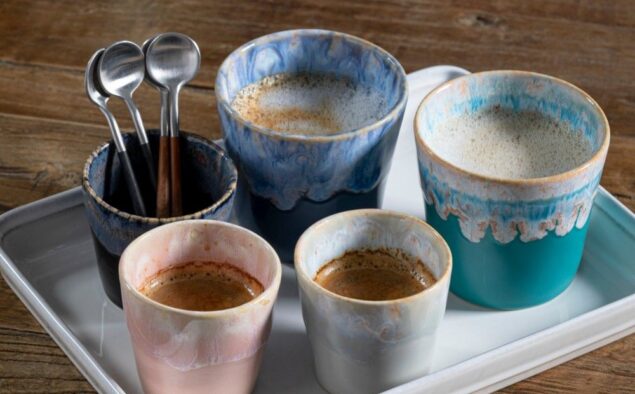
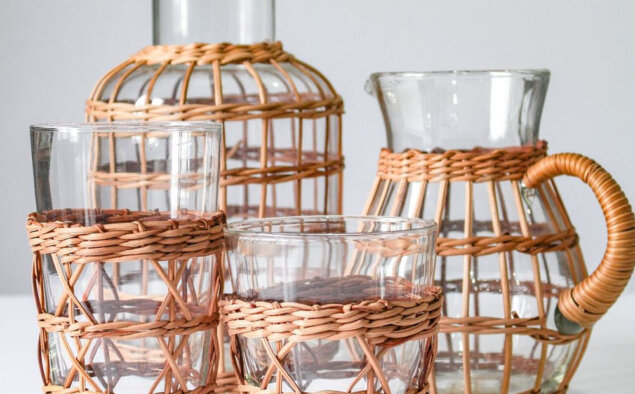
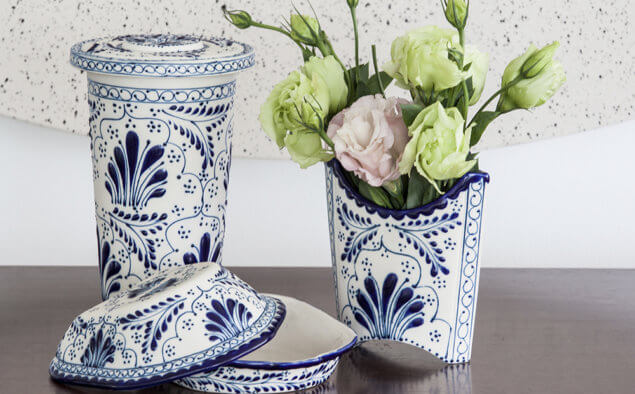

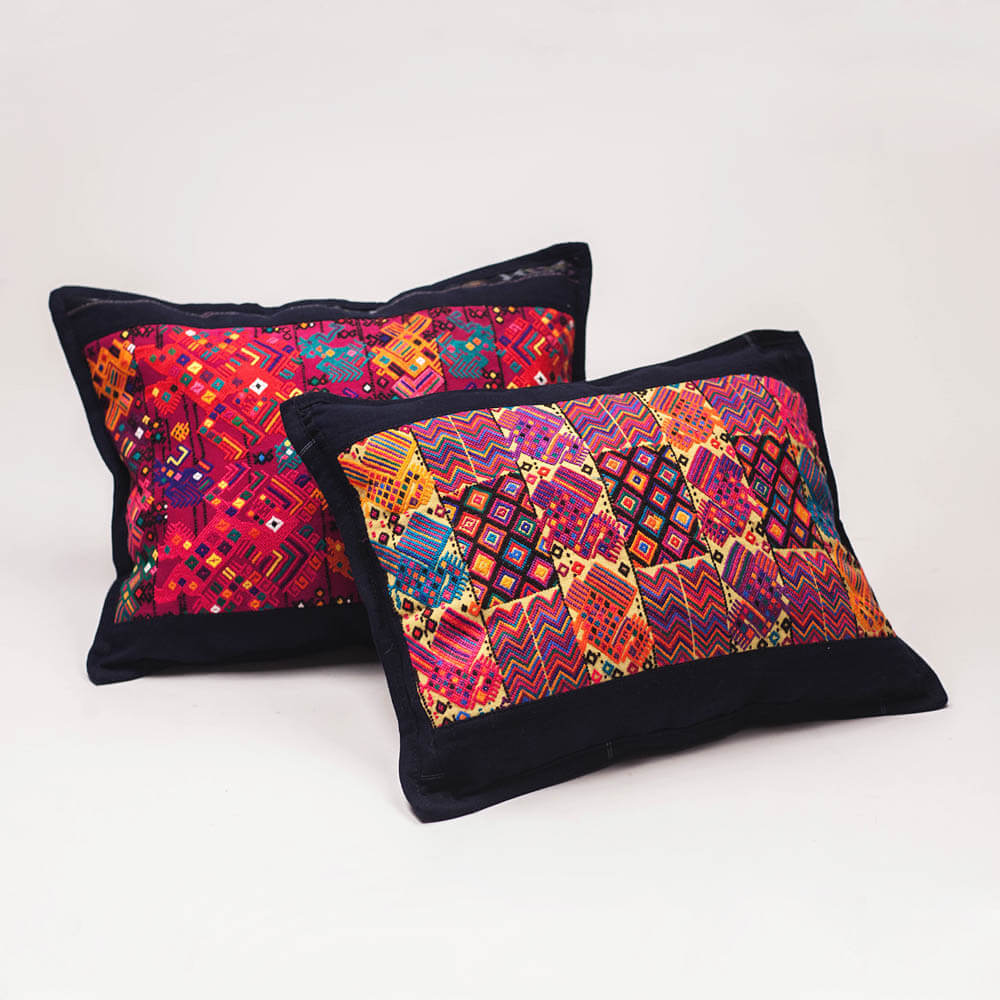
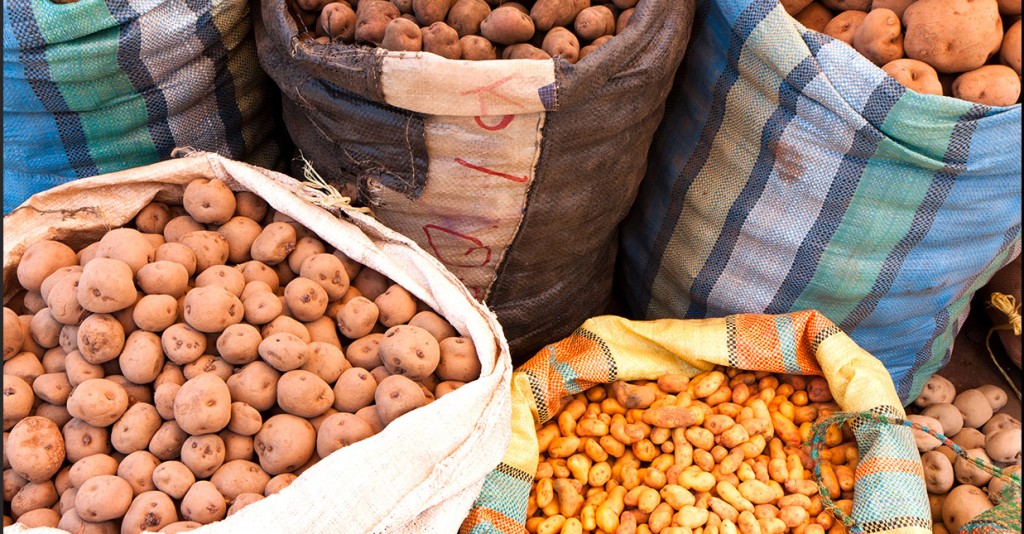
leave a comment